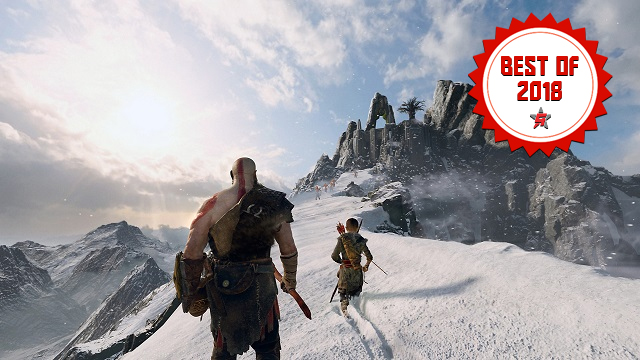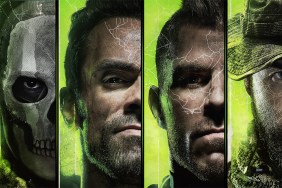God of War is my favorite game of 2018. It is an impeccable, astounding piece of art. From the game’s opening moments to its climactic finale, God of War enraptured me fully in a way no other piece of fiction did this year. And while it received a ton of accolades this year, it felt specifically…

Atlas is an action-rpg with rogue-like elements where you use your ability to control the ground to fight the enemies and move through procedurally generated worlds.










